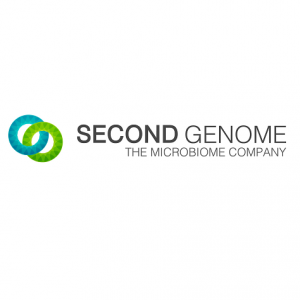 Second Genome Inc. recently advanced SGM-1019, the company’s primary microbiome drug indicated for inflammatory bowel disease (IBD), to Phase 1 clinical testing to identify an optimal dose.
Second Genome Inc. recently advanced SGM-1019, the company’s primary microbiome drug indicated for inflammatory bowel disease (IBD), to Phase 1 clinical testing to identify an optimal dose.
Peter DiLaura, President and the CEO of the company, said in a press release: “Our scientists have identified a novel and important relationship between microbiome modulation of the target of SGM-1019 and IBD. SGM-1019 has the potential to address a critical unmet need in [IBD] treatment as a safe and well-tolerated oral therapy with an important disease modifying effect.”
SGM-1019 was previously assessed in a placebo controlled, double-blinded, single ascending oral dose study. The targeted exposure levels were reached and strong activity was demonstrated against an identified IBD contributing factor. SGM-1019 was not reported to cause any serious adverse effects. Researchers have not revealed the name of SGM-1019’s target, but disclosed it was discovered through the company’s Microbiome Discovery Platform.
“Second Genome is focused on efficiently translating novel disease insights from our Microbiome Discovery Platform into therapeutics targeting new disease pathways. This is the first of many clinical programs we expect to come from our Microbiome Discovery Platform, across multiple therapeutic areas,” DiLaura added in the press release.
The Phase 1 trial is expected to be concluded this year.
Second Genome, Inc. brings microbiome science to the discovery and development of therapeutic products. The company has established a pipeline of microbiome modulators that impact infection, immunity and metabolic diseases, and is backed by investors with a track record of value creation, including Advanced Technology Ventures and Morgenthaler Ventures.
In other news on inflammatory bowel disease, in a recent study entitled “Diet Dominates Host Genotype in Shaping the Murine Gut Microbiota,” researchers are suggesting diet may be a stronger factor in modulating microbiome in the gut compared to genetics. The authors administered two different types of diet — a low-fat, high-plant-polysaccharide diet (LFPP) and a high-fat, high-sugar diet (HFHS) to mice. The different diets increasing the abundance of members of the Firmicutes phylum, while it decreased those belonging to the Bacteroidetes phylum, independently of mice genotype.

